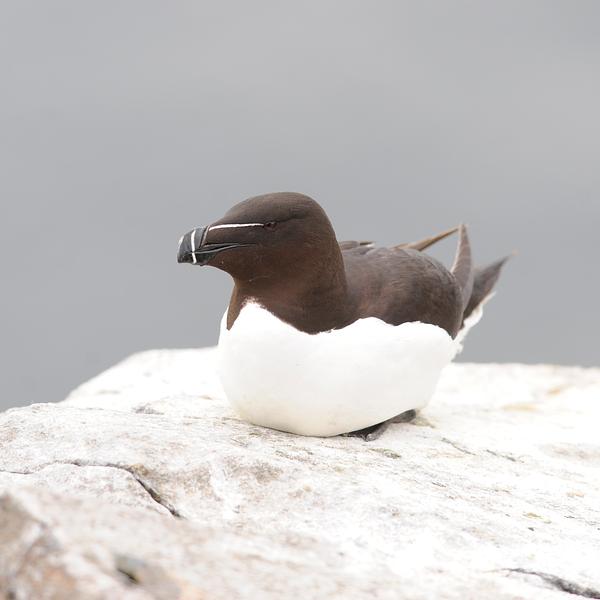_(5).jpg)
Injured Seabirds
It’s not uncommon to find stranded seabirds along the coastline, especially during late summer and autumn. Juvenile and adult birds face many natural hazards, including high winds and rough weather. As a result, sometimes they’re washed onto the shoreline. Most of the time they will simply be regaining their strength and can be left alone, but some may need a helping hand.
If you have found a seabird that you suspect may be injured, please keep your distance and do not attempt to touch or pick up the bird. Wild birds may be aggressive and/or may be carrying diseases or parasites, including Avian Flu. Only trained professionals should attempt to handle wild birds.
Assess the bird from a distance and consider the following questions:
· Is the bird in immediate danger (e.g. on a road or being harassed by passing dogs)?
· Can you see anything obviously wrong with the bird (e.g. any injuries or entanglement)? Please note that some seabird fledglings cannot fly straight away. Failure to fly away is not necessarily a sign of injury.
· Is the bird despondent (e.g. not moving away from you, head lowered, displaying no aggressive or agitated behaviour)?
If the answer to 1 or more of these questions is yes, we would advise that you contact the SSPCA on 03000 999 999. You will need to provide them with a specific, precise location and (if possible) stay with the bird until help arrives. At no point should you pick up or touch the bird.
Please do not transport any sick or injured birds to any animal rescue or rehoming centres, as due to the recent heightened risk of Avian Flu this may put other birds in these facilities at risk.
If you think you’ve found a disorientated puffling, visit our Puffling advice page for more information.

